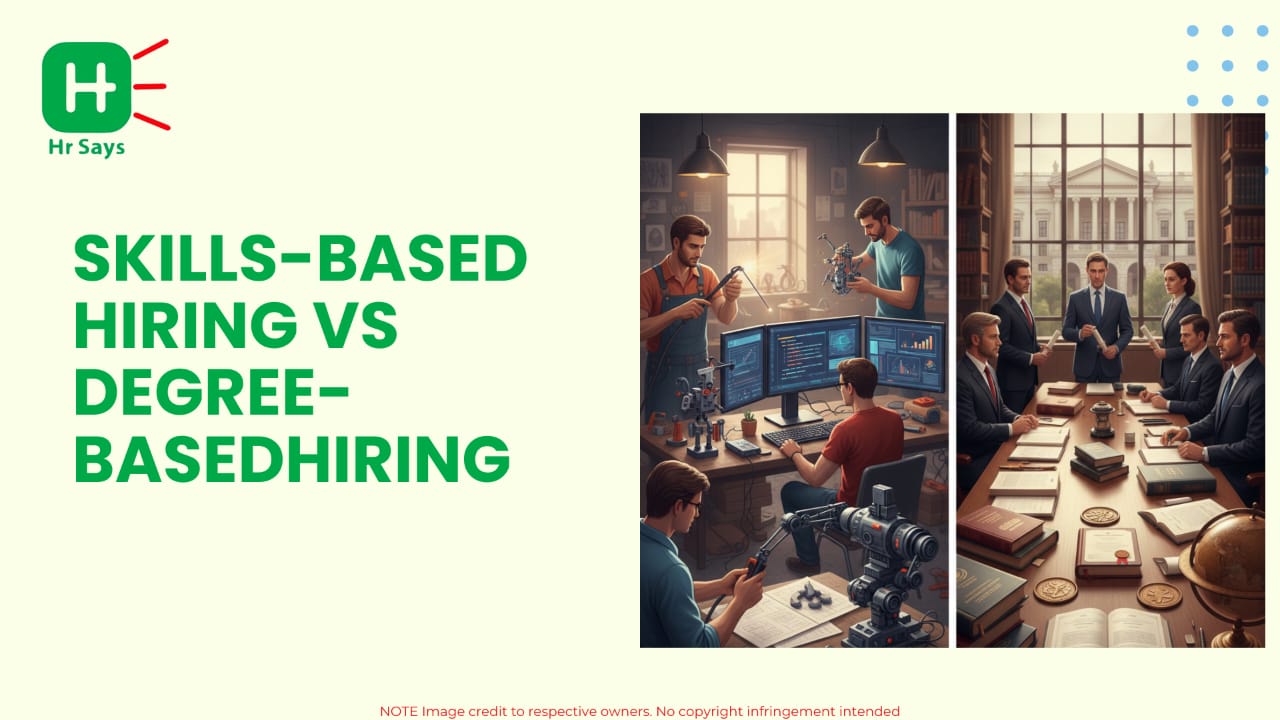Somebody has not asked you how you really were in a long time, has he? Imagine now that one was not a person at all. Chatbots, once used for customer support, are entering a different space: mental health. The shift is quiet. But real.
The Silent Revolution in Your Pocket
They don’t wear scrubs. They don’t take notes with pens. But they listen.
Mental chatbots are gradually entering the life of people. They enter, provide materials and reserve space when nobody is available.
Why now? Because people don’t always feel comfortable talking to people.
Why Chatbots Feel Safer (Sometimes)
There’s no judgment. No eye contact. No fear of being too much.
Here’s what makes people open up to bots:
● Anonymity: No names, no faces. Just words.
● No waiting time: Support is instant—day or night.
● Zero bias: Bots don’t carry opinions or histories.
● Comfort in repetition: They check in regularly without tiring.
Sometimes, a simple “How are you feeling today?” at 2 AM feels less lonely—even if it’s from a screen.
What They Actually Do
They're not therapists. But they’re something. Mental-health chatbots are trained on behavioral data, emotional cues, and cognitive frameworks.
They help people:
● Track mood patterns
● Journal feelings
● Do exercises
● Redirect in crisis situations
Some even alert human professionals if someone’s risk level is high. Quiet, but powerful.
The Flipside: What They Can’t Do
Let’s not pretend they’re a fix. Because they’re not.
They can’t:
● Replace professional therapy
● Handle complex trauma
● Understand nuance like humans
● Offer true emotional warmth
There’s a limit. And it matters. Not everything can be digitized—especially pain.
Still, They’re Helping People Speak
Many first-time mental health conversations now happen with bots. That says something.
A generation is learning to name its emotions with digital help. That’s not good or bad. It just is.
When it causes one to stop and say I feel overloaded, then perhaps it is doing one thing correct.
Final Words: A Different Type of Support
Health associated with mental issues is not a one size fits all. And occasionally, it is not a human being who is the first one, it is a prompt.
Chatbots aren’t the solution. But they might be a start. When no one else asks, they do. And sometimes, that’s enough to begin healing.
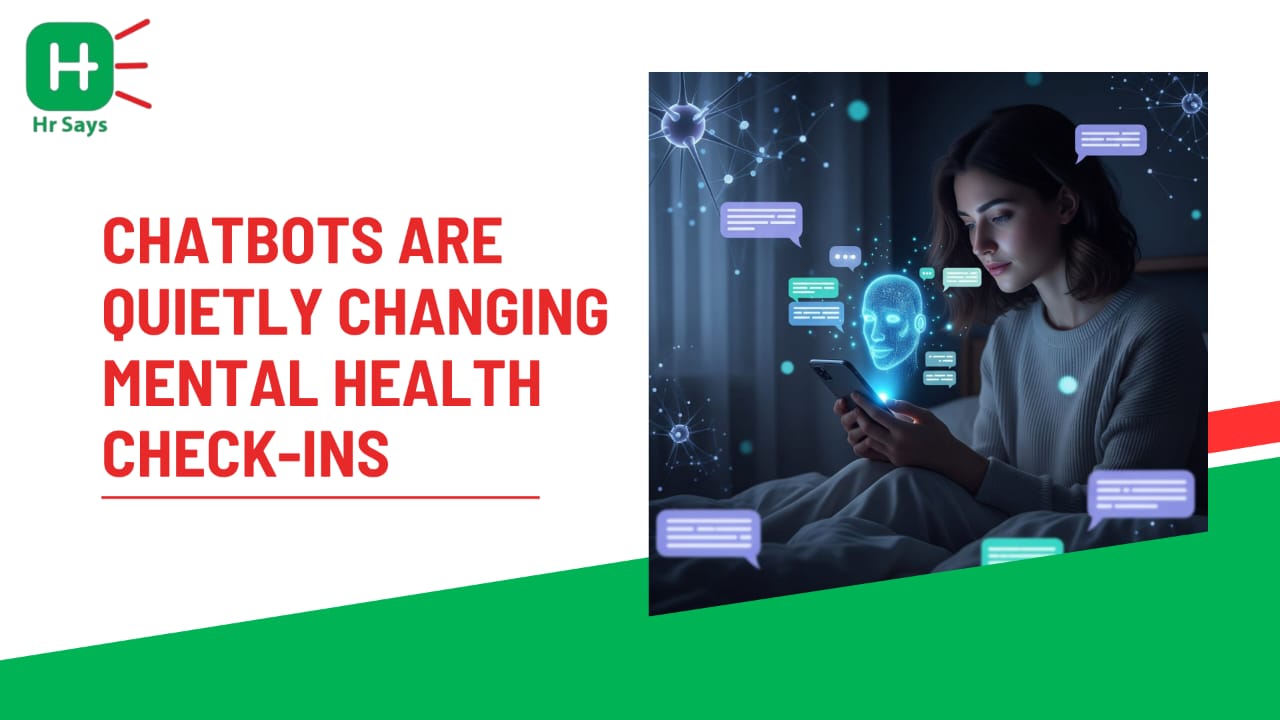
 Mental health check-ins don’t always come from humans anymore. With chatbots stepping in, the way people are monitored, supported, and heard is evolving. This blog explores the subtle shift and what it means for everyday care.
Mental health check-ins don’t always come from humans anymore. With chatbots stepping in, the way people are monitored, supported, and heard is evolving. This blog explores the subtle shift and what it means for everyday care.








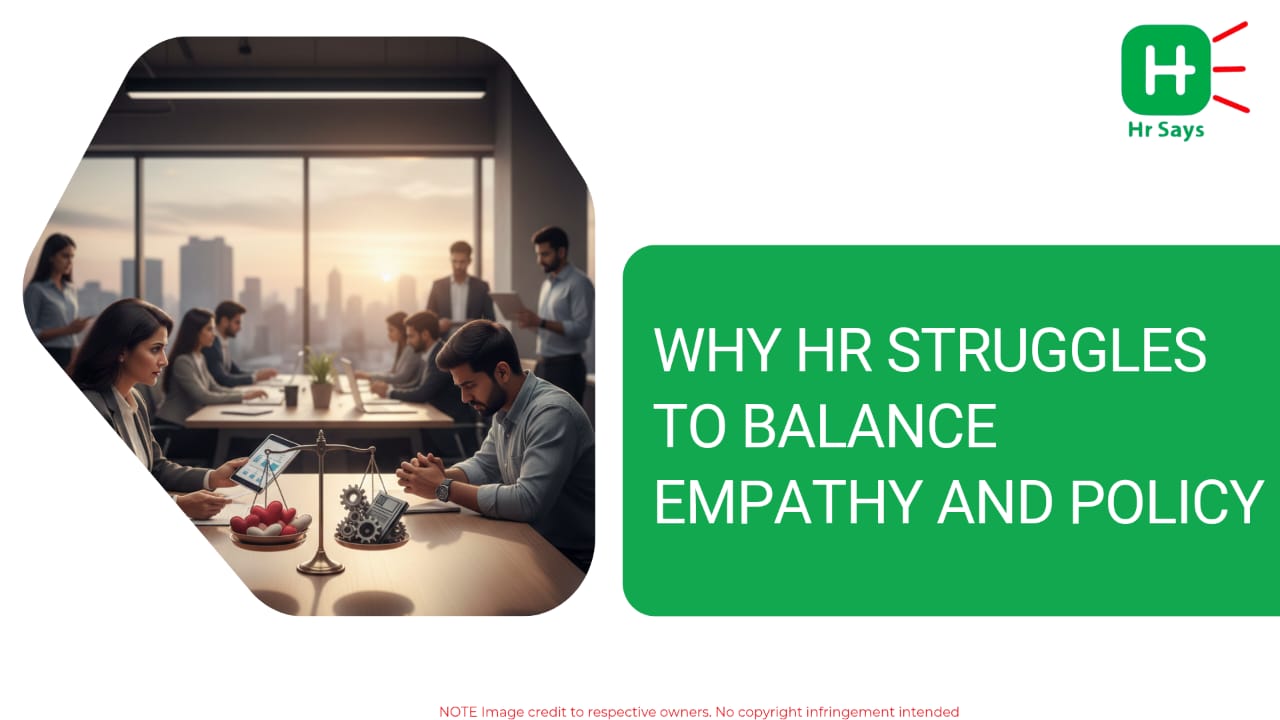
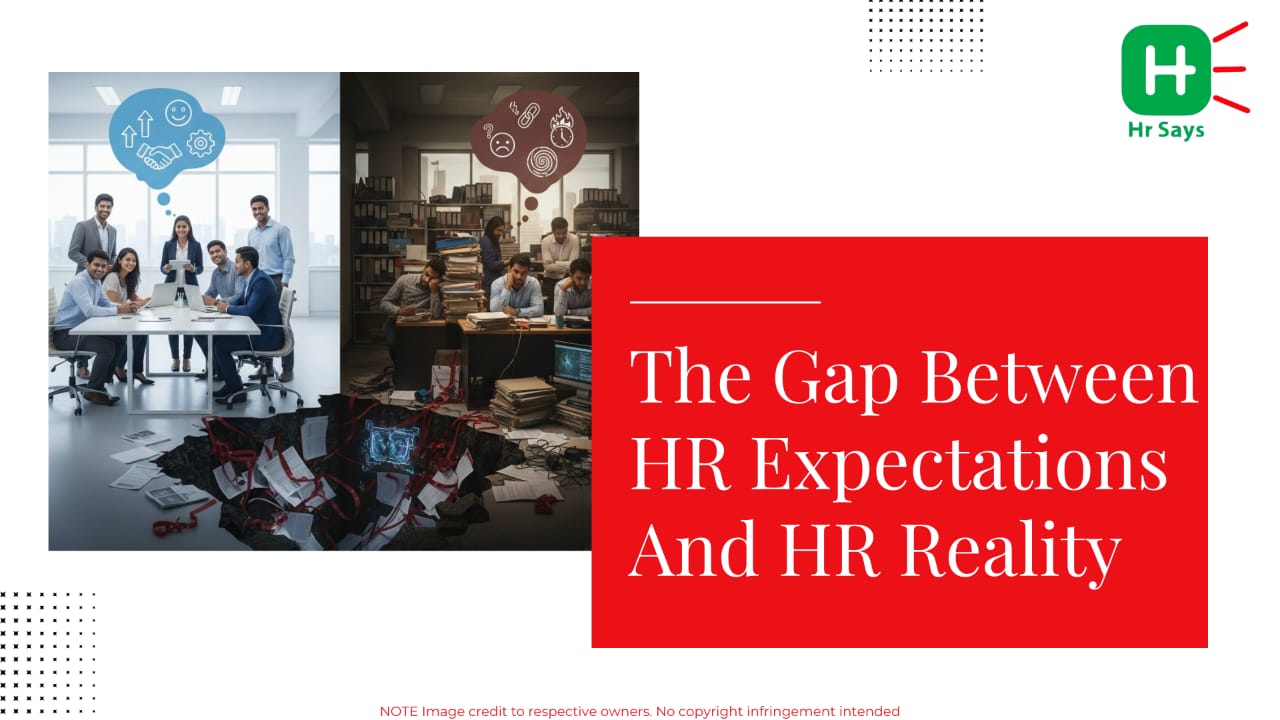
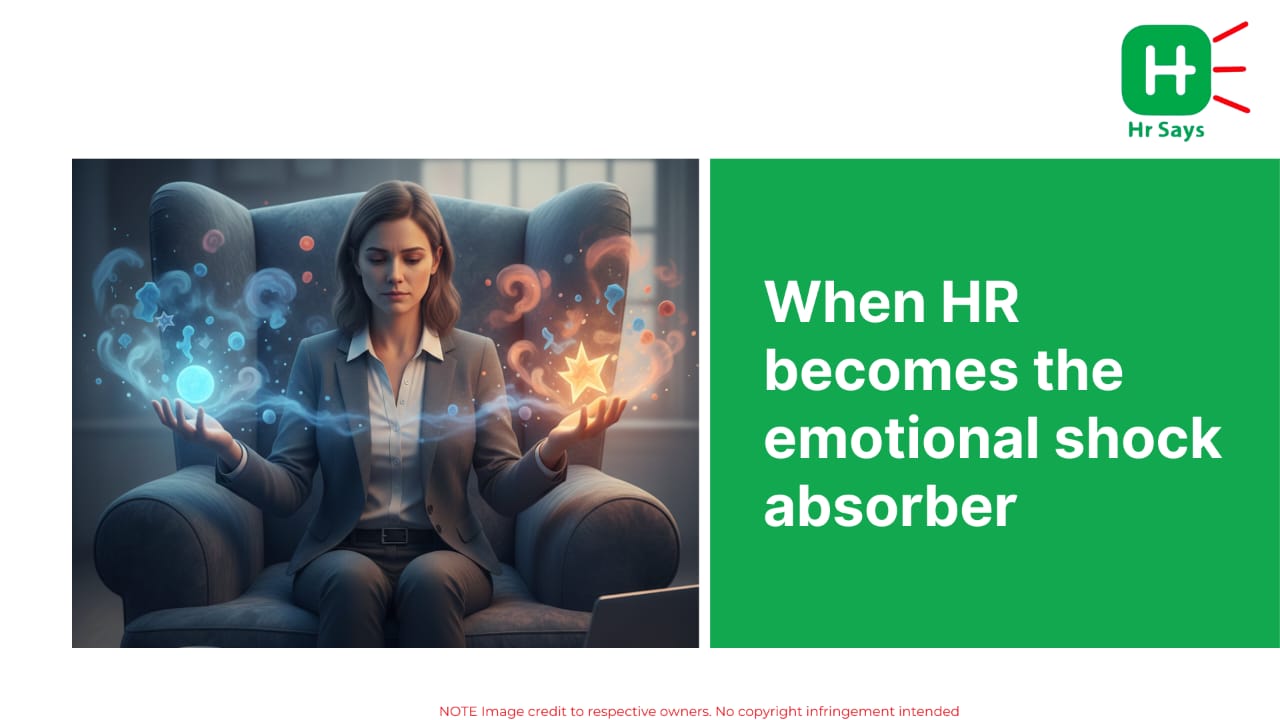
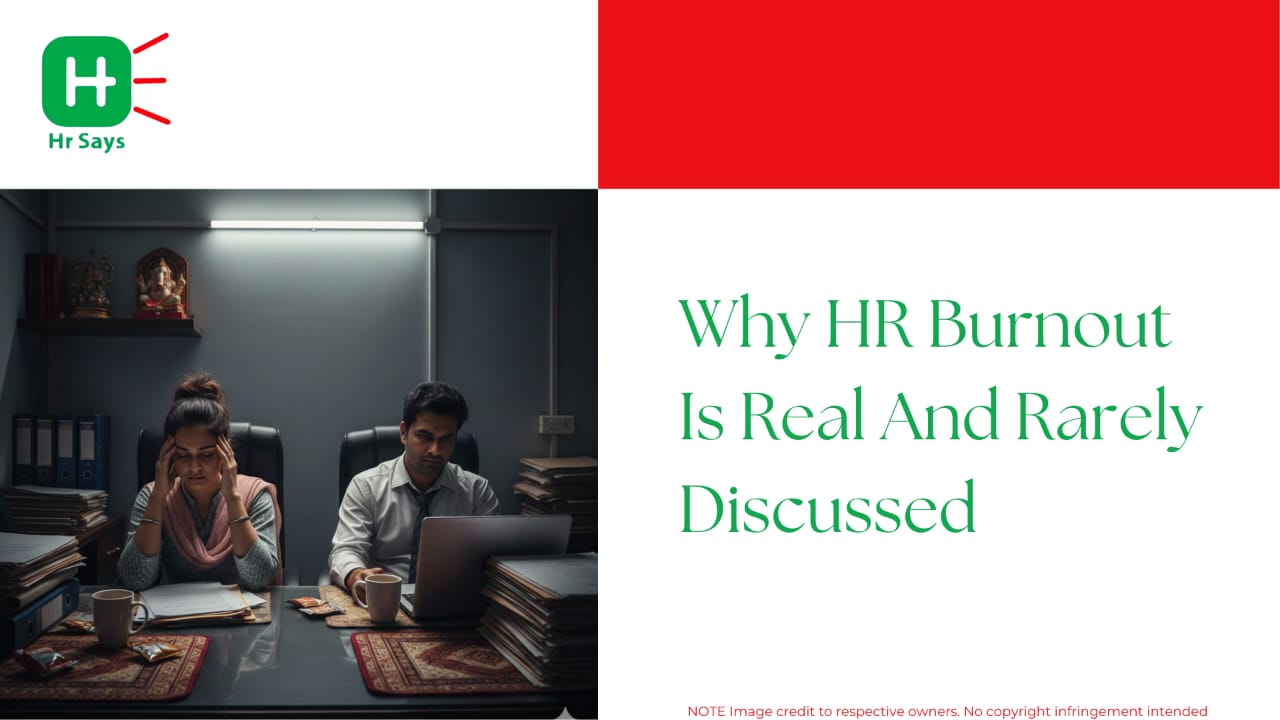
.jpeg)
.jpeg)
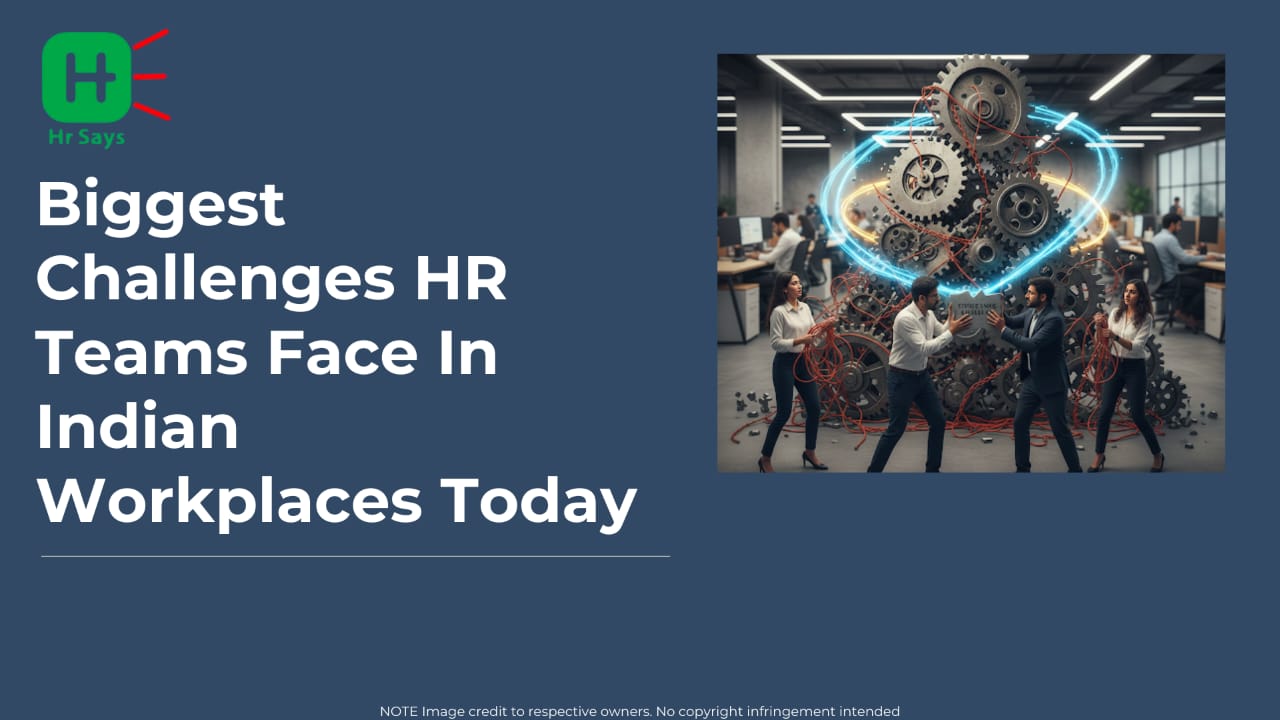
.jpeg)
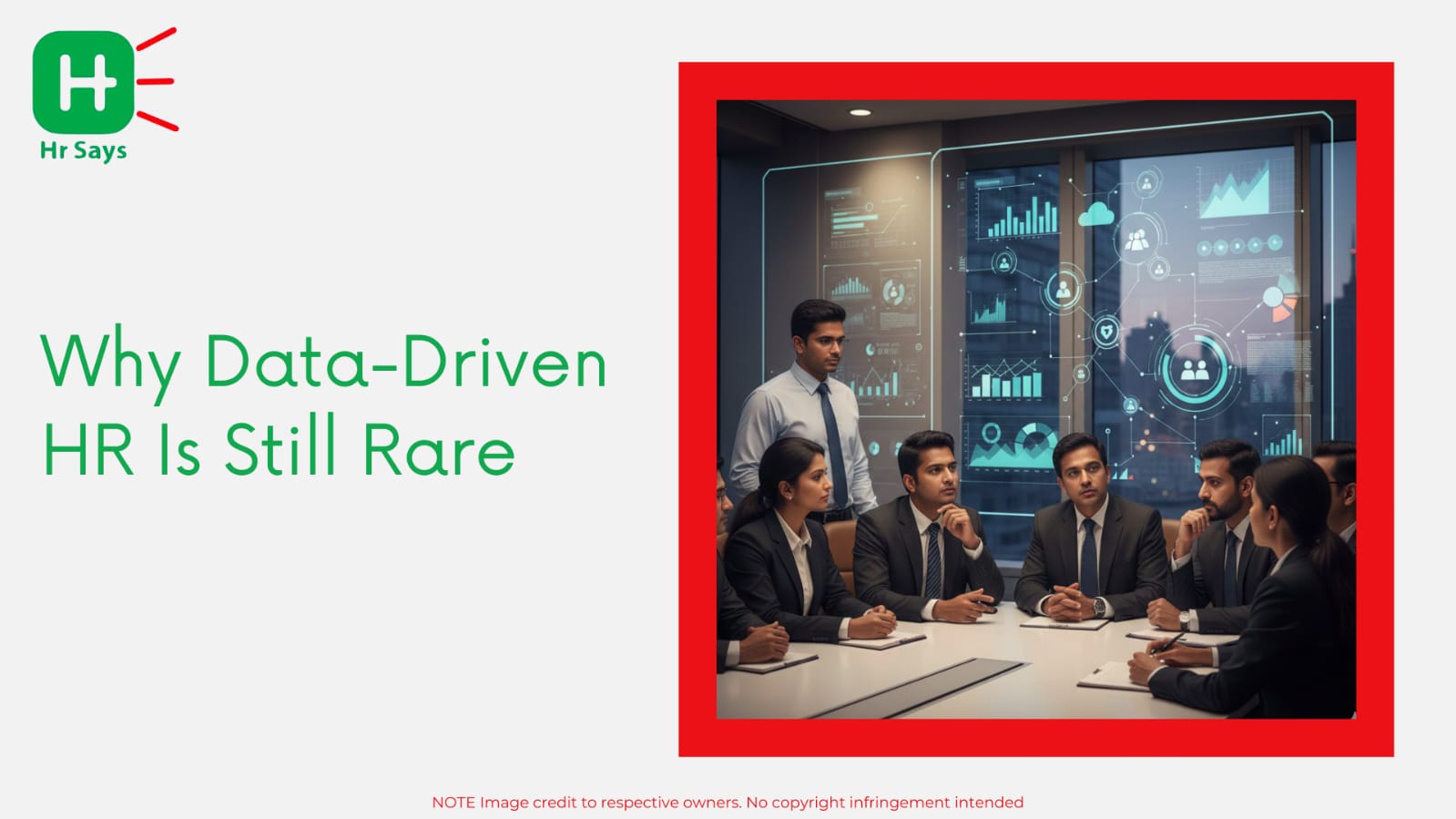
.jpeg)
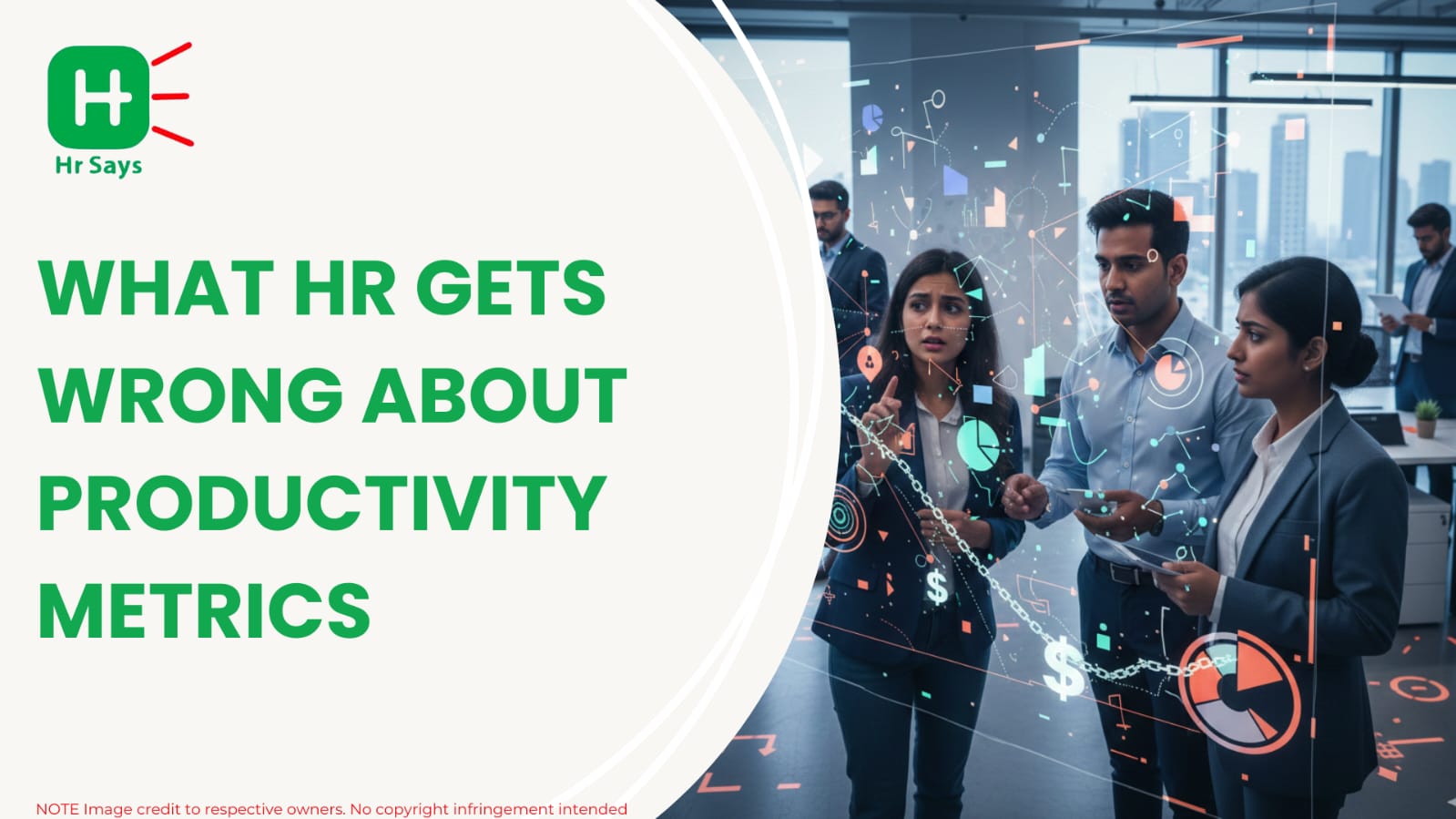
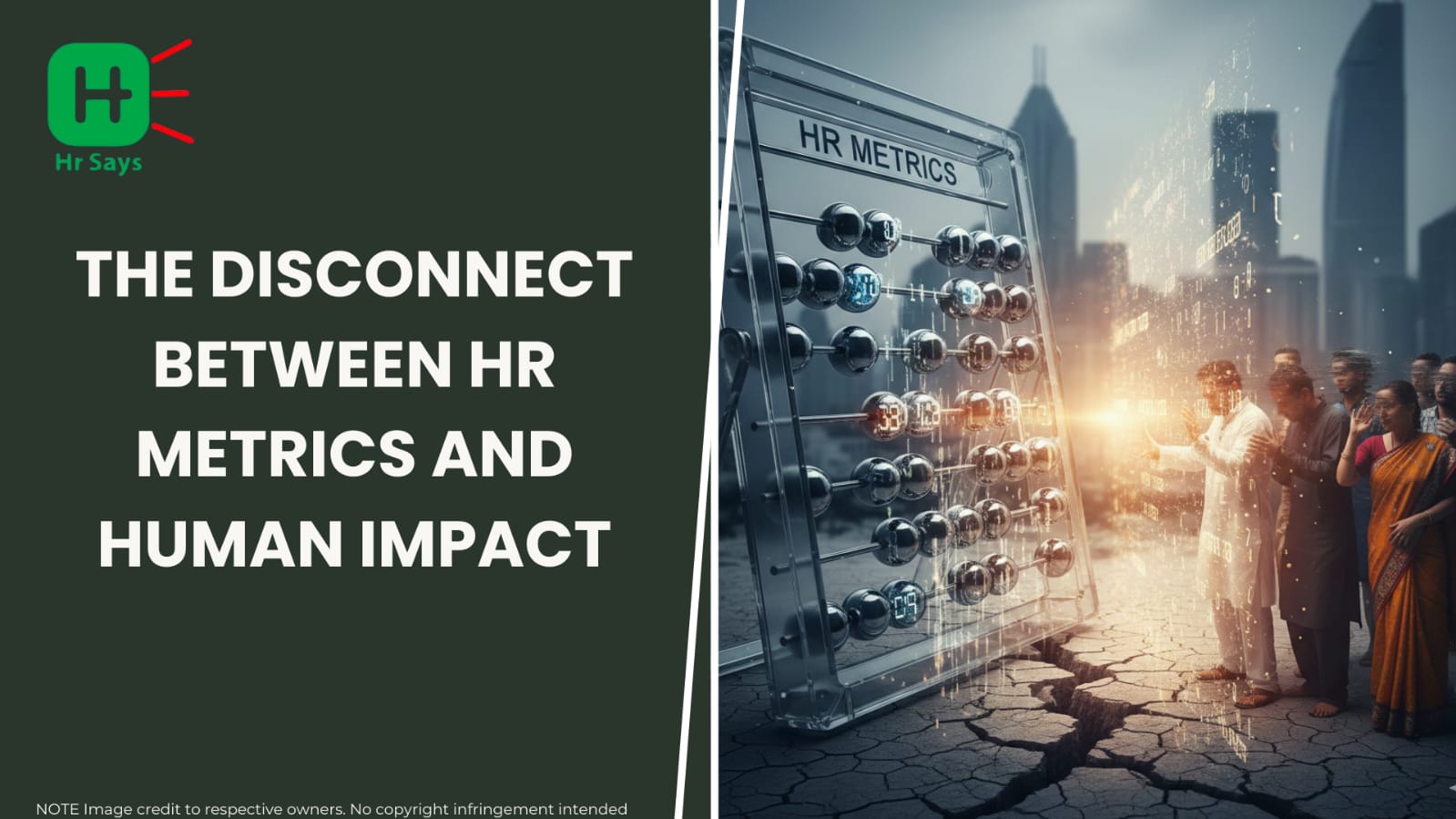
.jpeg)
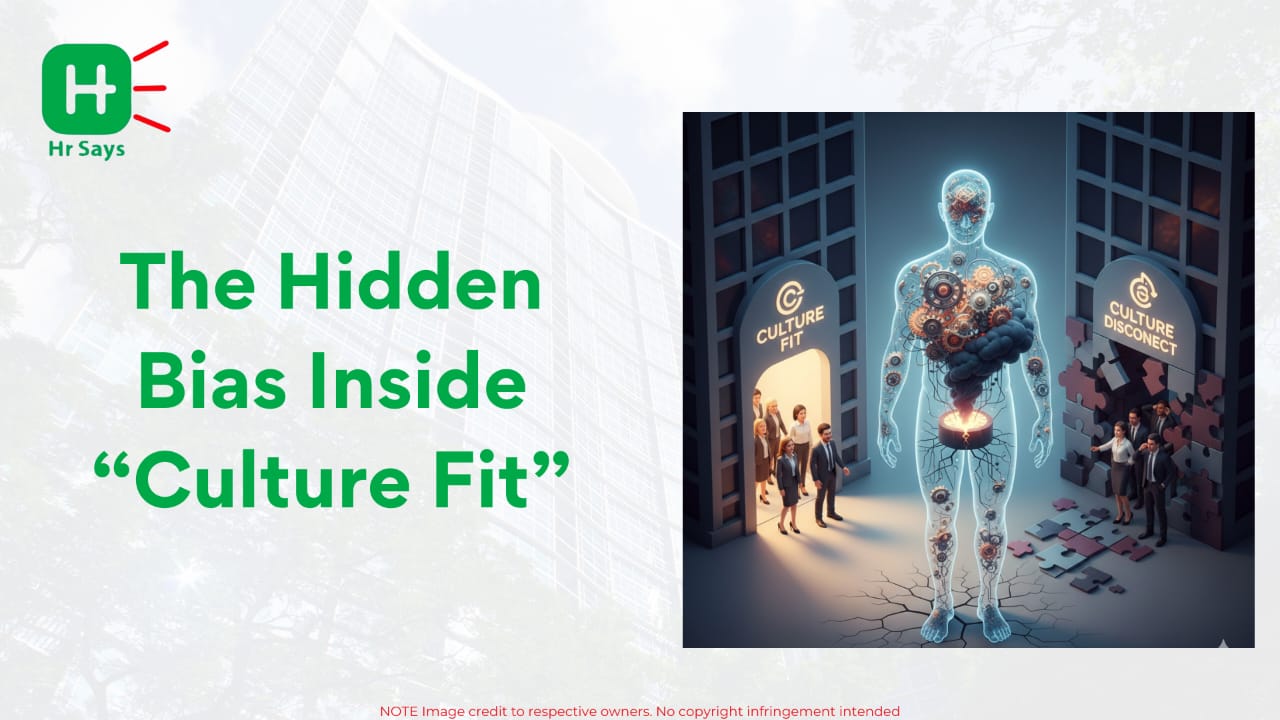
.jpeg)
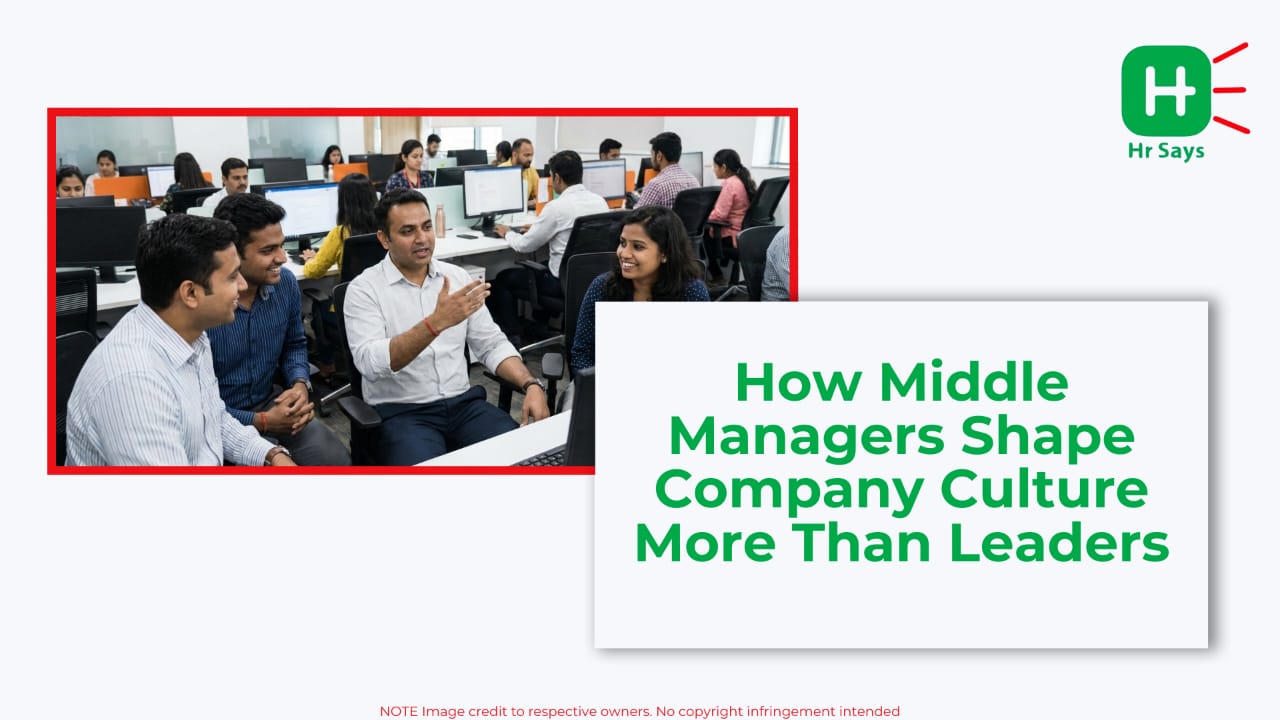
.jpeg)
